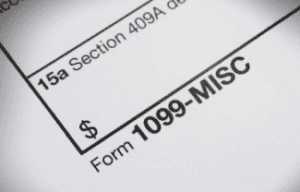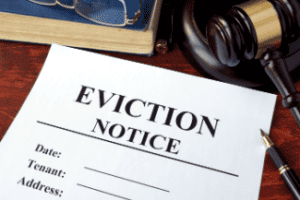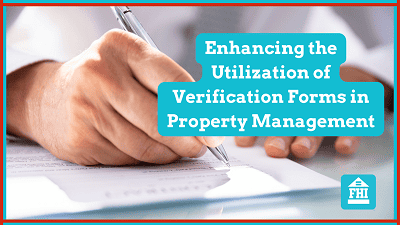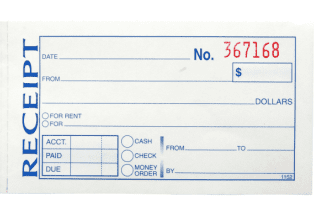Are Late Fees Legal?
 Although a late fees provision in included in nearly every standard lease agreement, determining whether the fees you charge are legal is anything but standard. Why?
Although a late fees provision in included in nearly every standard lease agreement, determining whether the fees you charge are legal is anything but standard. Why?
Because late fees are governed by so many different laws, right down to the municipality, that the parameters may be unclear.
Most agree on one thing: generally, late fees are enforceable:
-
when they are clearly described in a written lease agreement
-
when they are reasonable, and not excessive
Get It In Writing
Many standard lease agreement forms do not contain the correct language regarding late fees for your area. Buy state-specific forms. You should always have an attorney familiar with the laws in the state and city where your property is located review your lease form. Contact the attorney again if you are:
- considering an increase in late fees
- changing your method of calculating the fees
- tweaking any other language
This is not a good place for creativity!
What’s A Reasonable Fee
To determine if your fees are reasonable, you should consult a qualified attorney. Some states cap the maximum amount you can charge for late fees (5% is not uncommon.) This cap may apply regardless of how you calculate the fees. Where no specific maximum is stated, the determination of what is reasonable may be left to a judge. These decisions vary from one locale to another, so just because it was okay in your home town, it may not be okay in the state where you now own a rental.
When judges look at the term ‘reasonable’ they often draw a correlation between the fee and what the landlord’s actual loss may be. For example, what you will be charged in late fees on the mortgage. Usually administrative costs, like sending a letter to collect rent, will be considered.
While charging a late fee can work as a deterrent to a tenant for being habitually late with the rent, it cannot be designed to punish the tenant. If the fee is so high in relationship to the actual loss it could be considered a penalty, it could be thrown out by the judge. In that case, you could find yourself paying the tenant’s attorneys fees. It is important for landlords to know that in some states, late fees are not generally favored by judges, so they will look for reasons to void your late fees provision, as opposed to ways to enforce it.
The Grace Period
Late fees are common in a lease because they allow the landlord to avoid the alternative – the tenant who is one day late technically has broken the lease, and is now subject to eviction. The same is true of grace periods. Like late fees, grace periods are generally optional. It gives the landlord an out in the case where they want to keep the tenant who had an unexpected glitch.
- It is always a good idea to discuss with the tenant before the lease is signed if the date you have chosen for the due date is likely to be an ongoing problem, as in the case where the tenant’s pay date comes later than the rent due date.
- If you do include a grace period, be sure it is clear. Does ‘five days’ mean ‘five business days’? This provision may be interpreted differently in different locales, so be sure to have your attorney review your grace period language.
Consider Electronic Payment Options
Automated payments, including debit and credit card payments, can make a difference in lowering late rent payments, and avoiding the headaches of applying late charges. More and more tenants are computer savvy, and are accustomed to paying online. For more information on electronic payment options, click here.
American Apartment Owners Association offers discounts on products and services related to your commercial housing investment including REAL ESTATE FORMS, tenant debt collection, tenant background checks, insurance and financing. Find out more at www.joinaaoa.org.
To subscribe to our blog, click here.















 Accessibility
Accessibility